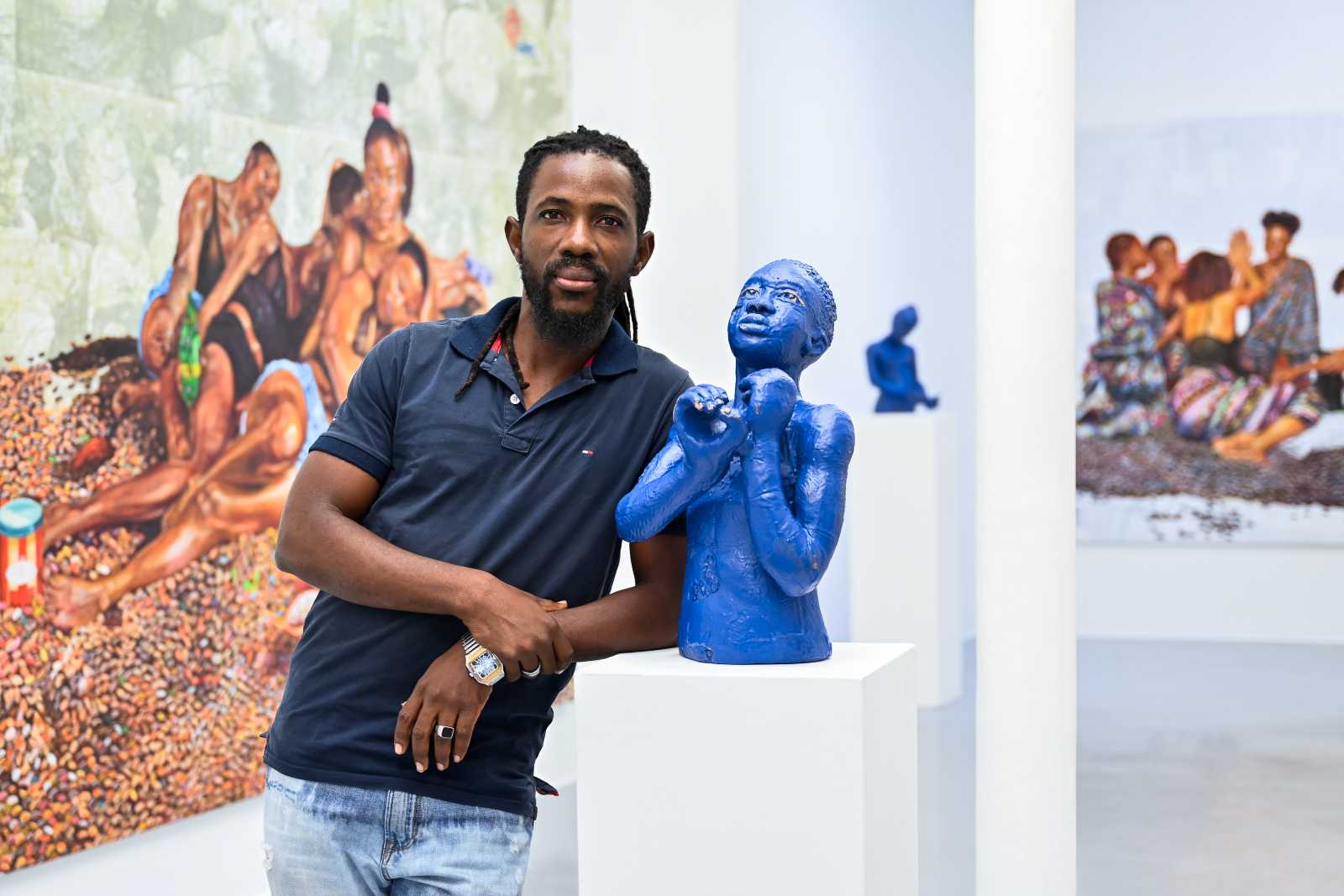Editorial
Impossible to wish away
By Hans Dembowski
For peace to take root and boost healthy development, people have to come to terms with their past. That is easier said than done. Coping with collective traumas has many dimensions. The most important are:
– Those who are guilty of crimes must be tried so justice is done.
– The suffering of the victims must be publicly acknowledged so their dignity is restored.
– The victims deserve medical, psychological and other kinds of support so their personal healing will help societal healing.
– The disasters of the past must stay living memory so justice and dignity are not undermined by real or merely faked ignorance.
All these dimensions must be tackled. Doing so is tough, not least because a relevant share of any population hit by political disaster is always complicit in the atrocities. Not all of them are guilty in a legal sense, however, and even in a moral sense, the guilt of some may be minor. They cannot be stigmatised and marginalised forever, but they must face some kind of reckoning.
Grappling with history is a long-term challenge. No society can settle with its past once and for all. German history in the 20th century was as terrible as it got, marked by two world wars, genocide and two totalitarian regimes. Most international observers agree that Germans are not hushing up their dark history and that they have done a lot to make friends with former victims as well as former enemies. The process was neither easy nor fast. Even 40 years after the end of World War II, Richard von Weizsäcker, then our federal president, trigged a controversy when he said that 8 May 1945 was a „day of liberation“ from the Nazi dictatorship. Some conservative Germans still felt it was a day of defeat. Weizsäcker won the argument, however.
No doubt, foreign influence contributed to re-shaping Germany’s view of itself. In Nuremberg, an international court tried and sentenced Nazi leaders after World War II. Later German courts began prosecuting other Nazi crimes. Re-education and the surprisingly benign US occupation had an impact. Today, German partners are helping other nations in disaster situations. For instance, the Konrad-Adenauer-Foundation and the Friedrich-Ebert-Foundation, agencies that are close to the Federal Republic’s Christian Democrats and Social Democrats respectively, have reason to be proud of their track record of assisting the transition to democracy in countries like Spain, Portugal, South Africa and Chile.
Perhaps the most important lesson from the German experience is that international cooperation helps. Human rights are indeed universal, and insistence on them is beneficial. There is no blueprint for coming to terms with an agonising past however. Every nation is different, and so is its history.
Collective traumas hurt, and how they can best be tackled depends on the specific context. It needs to be done however. The suffering is real and cannot be wished away.








